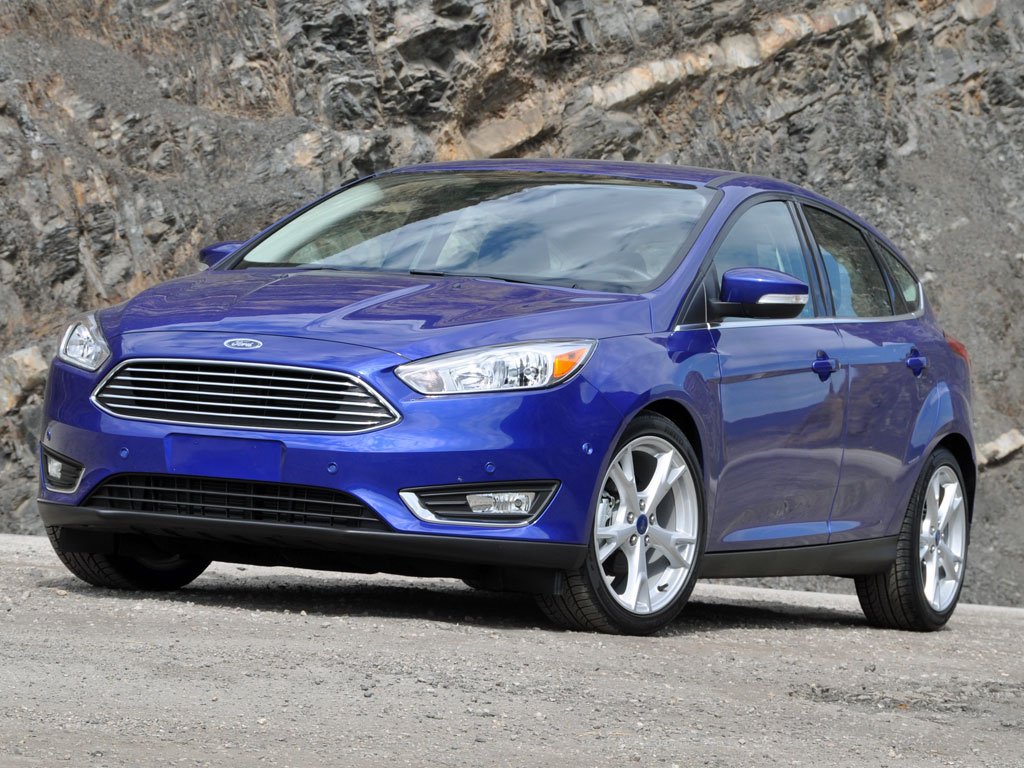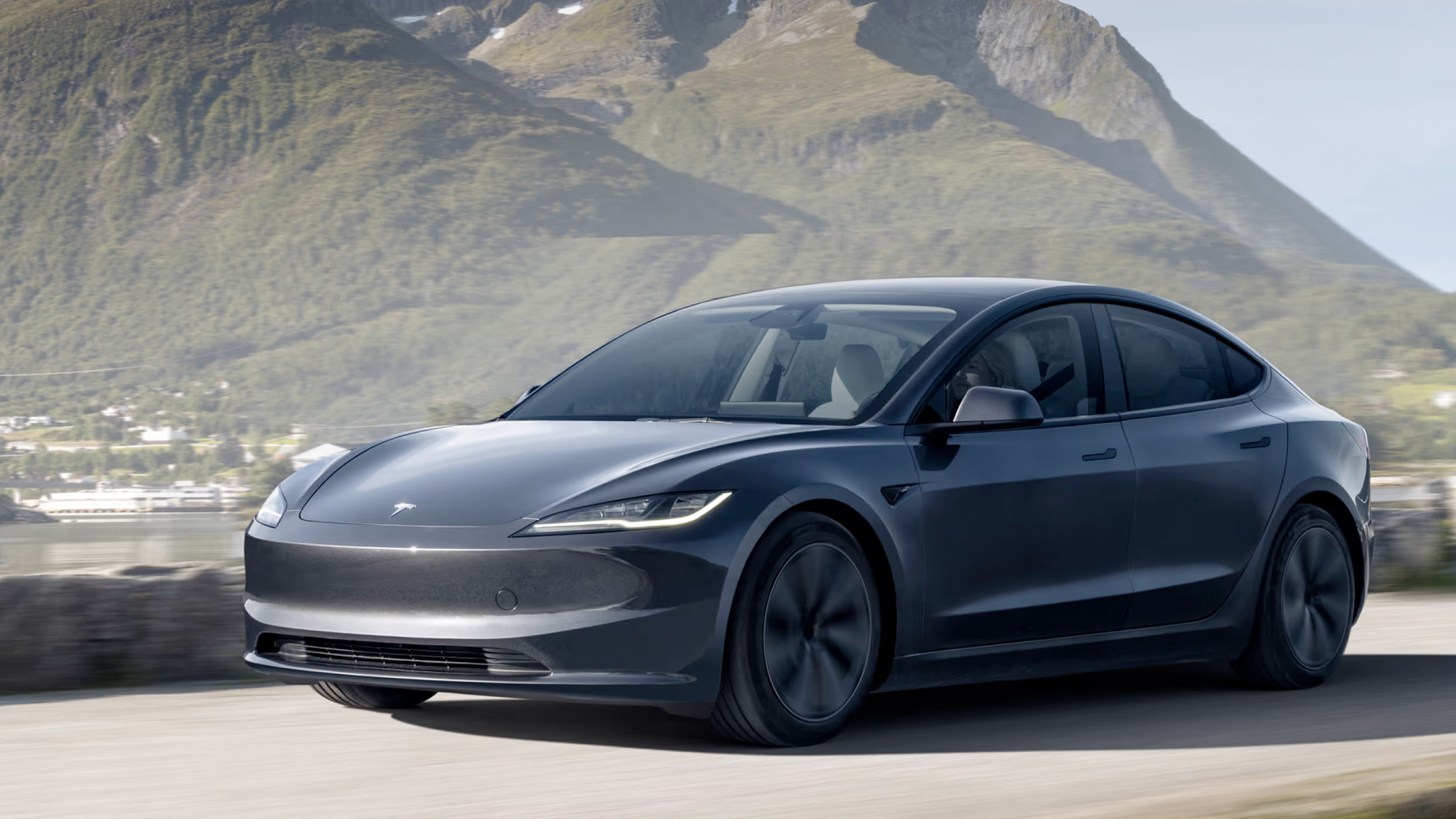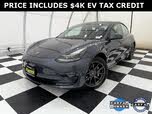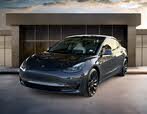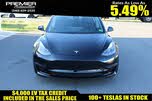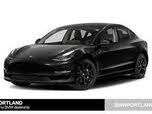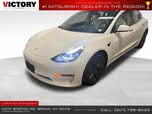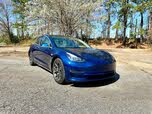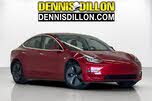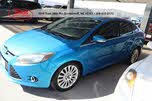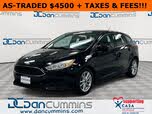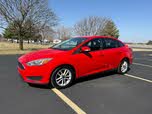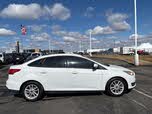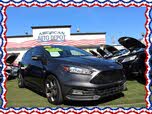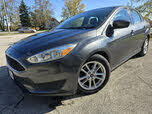Tesla Model 3 vs Ford Focus
Overview | ||
Years produced | 1998-2018 | 2017-Present |
MSRP | $17,225 | $42,490 |
Average price | $8,324 | $23,606 |
Listings | ||
Ratings & Reviews | ||
User reviews | ||
Expert reviews | 7.3 out of 10Read full review | |
Pros & cons | ||
Summary | For as red-hot and competitive as the economy-car segment is, success in this corner of the market is based on some pretty mundane variables. It comes down to things like fuel economy, price, number and location of cupholders, ride quality, and other items. It basically has to be economical, reliable transportation for the everyday commute. There are other nuances, such as the ease of use of its controls, but success in this segment requires automotive pragmatism at its best. It's through this lens that we consider the 2016 Ford Focus. This 4-door, 5-passenger small car has been refreshed for this model year, building off the success of the third-generation car, which debuted in 2011. That was the first car under the “One Ford” plan, under which one car is sold on multiple continents in multiple markets with minimal changes. The result of the plan was a car that was much more refined than the two generations before it and positioned the Focus for the past several years as the best American Small Car. That accolade is as much about the Focus’ refinement as it is about the deficiencies of American-made competitors, including the Dodge Dart and Chevrolet Cruze. A second-generation Cruze has recently been unveiled, but it’s still too early for us to render a verdict on that car. It is import rivals, such as the Toyota Corolla, Honda Civic, and Hyundai Elantra, that pose the greatest threat to the new-look Focus. | |
Video | No video found | |
Popular Features & Specs | ||
Engine | 2.0L 160 hp I4 Flex Fuel Vehicle | 425 hp Electric |
Drive Train | FWD | RWD |
Seating Capacity | 5 | 5 |
Horsepower | 160 hp @ 6500 rpm | |
EV Battery Capacity | 82 kWh | |
MPG City | 26 | 145 |
MPG Highway | 36 | 128 |
Battery Charge Time (240V) | 11.7 hours | |
Engine | ||
Engine Name | 2.0L 160 hp I4 Flex Fuel Vehicle | 425 hp Electric |
Torque | 146 lb-ft @ 4450 rpm | |
Horsepower | 160 hp @ 6500 rpm | |
Battery Charge Time (240V) | 11.7 hours | |
Drivetrain | FWD | RWD |
Fuel Economy | ||
EV Battery Capacity | 82 kWh | |
MPG City | 26 | 145 |
MPG Highway | 36 | 128 |
Interior | ||
Seating Capacity | 5 | 5 |
Key Features | ||
Navigation System | Standard | |
Sunroof/Moonroof | Standard | |
Safety | ||
Front Crash Overall | 5 | |
Side Crash Overall | 5 | |
Dimensions & Capacity | ||
Cargo Space | 13.2 cu ft | 24.1 cu ft |
Curb Weight | 2960 lbs | 4030 lbs |
Height | 57.8 in | 56.7 in |
Length | 178.7 in | 185.8 in |
Width | 80.5 in | 82.2 in |
Wheelbase | 104.3 in | 113.2 in |
Maximum Payload | 654 lbs | |
Number of doors | 4 | 4 |

By: CarGurus + AI
At CarGurus, our team of experienced automotive writers remain at the heart of our content operation, conducting hands-on car tests and writing insightful guides that are backed by years of industry experience. To complement this, we are harnessing AI to make our content offering more diverse and more helpful to shoppers than ever. To achieve this, our AI systems are based exclusively on CarGurus content, ratings and data, so that what we produce is both unique to CarGurus, and uniquely helpful to car shoppers.
